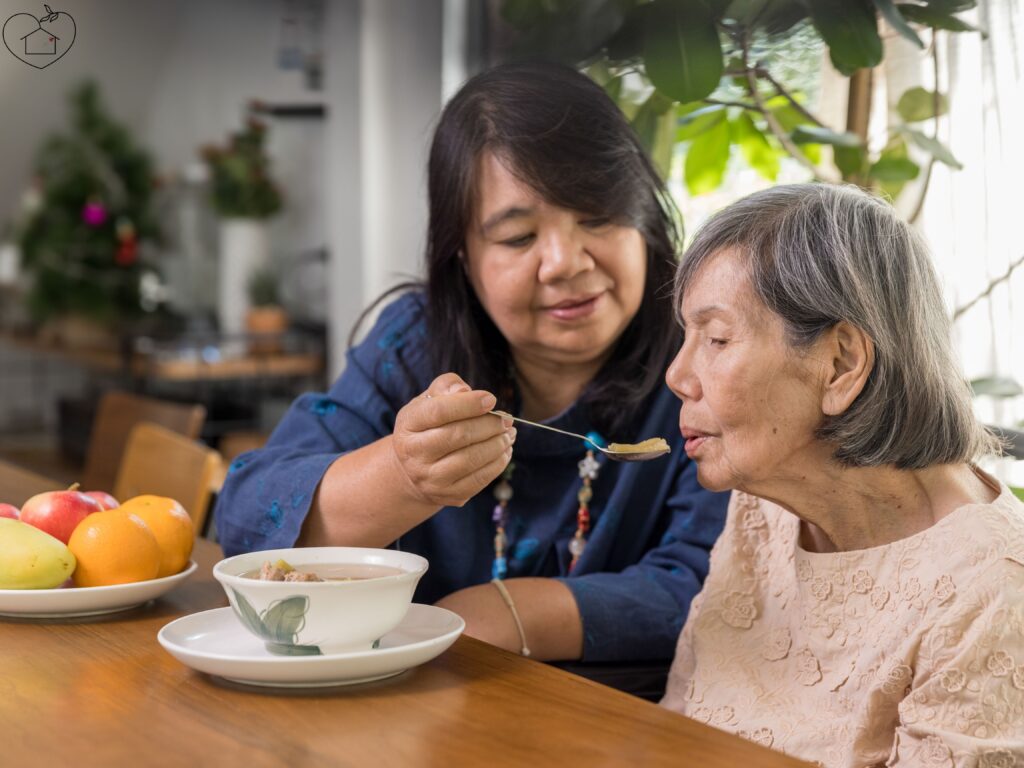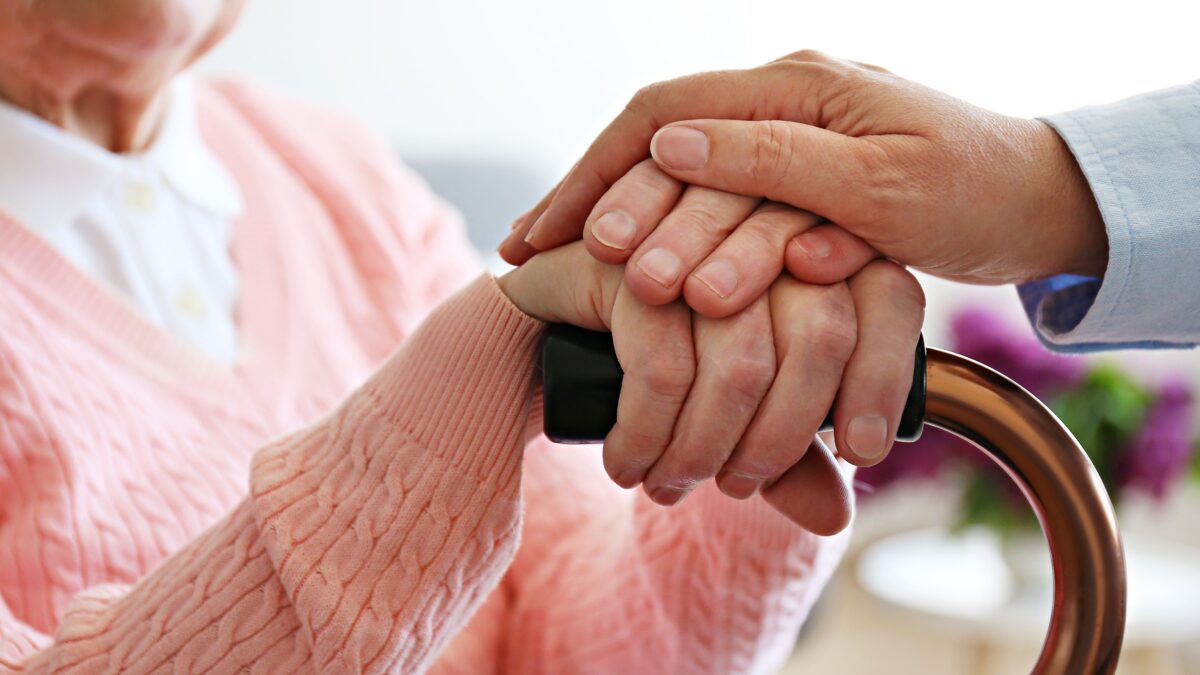Caring for an elderly mother is a role filled with love, responsibility, and sometimes, emotional exhaustion. Many caregivers find themselves thinking, “My elderly mother is consuming my life,” as they struggle to balance their personal needs with caregiving duties. This article examines the challenges of having an elderly mother, provides psychological wisdom, and offers practical advice to help caregivers find harmony in their lives.
Table of Contents
ToggleFeatures of Elderly Mothers
Elderly mothers often exhibit unique physical, emotional, and psychological characteristics that shape the caregiving experience.
1. Physical Frailty and Health Issues
Aging often brings chronic health conditions, reduced mobility, and increased dependence.
Example: Your mother might need assistance with daily tasks like cooking or attending doctor’s appointments.
2. Emotional Vulnerability
Elderly mothers may experience loneliness, fear of becoming a burden, or grief over losing independence.
Example: She may seek constant reassurance or companionship to cope with these emotions.
3. Cognitive Changes
Memory loss, confusion, or conditions like dementia can complicate caregiving.
Example: Repeated questions or forgetfulness may test your patience and create misunderstandings.
4. A Desire for Connection
Elderly mothers often crave emotional closeness and cherish family interactions.
Example: She may call frequently or want to spend more time with you, even when you’re busy.
Psychological Wisdom: Why It Feels Overwhelming
Caring for an elderly parent is a unique form of emotional labor. Psychologists note that balancing caregiving with personal responsibilities often leads to caregiver burnout, a condition marked by physical exhaustion, emotional stress, and feelings of being overwhelmed.
Why It Happens
- Role Reversal
- Shifting from being cared for to being the caregiver can create emotional tension and feelings of guilt or frustration.
- Loss of Independence
- Caregivers may feel they’re losing control of their lives, as the constant demands of caregiving limit personal time.
- Emotional Guilt
- The cultural expectation to prioritize parental care can intensify feelings of inadequacy when caregivers feel overwhelmed.
Difficulties of Having an Elderly Mother
My elderly mother is consuming my life! Here are the common challenges caregivers face when their elderly mother’s needs begin to consume their lives:
1. Time Demands
Balancing caregiving with work, family, and personal life can feel impossible.
Example: You may miss out on social events or hobbies because your mother needs your help with daily tasks.
2. Emotional Strain
The emotional toll of seeing a loved one age and decline can be overwhelming.
Example: You may feel helpless or frustrated when your mother struggles with basic activities or becomes irritable.

3. Financial Burden
Supporting medical bills, home modifications, or hiring additional help can strain your finances.
Example: You might delay personal goals like buying a home or saving for retirement to prioritize her care.
4. Health Risks for Caregivers
Stress, lack of sleep, and neglecting self-care can lead to health problems for the caregiver.
Example: Constantly prioritizing your mother’s needs may result in chronic fatigue or anxiety.
5. Strained Relationships
Family relationships can change when caregiving responsibilities create tension or resentment among siblings.
Example: Disagreements about caregiving duties or financial contributions can lead to conflicts.
Friendly Advice for Balancing Caregiving and Personal Life
Here’s how to manage the challenges of caring for an elderly mother while maintaining your well-being:
1. Set Boundaries
Clear boundaries prevent burnout and help you maintain balance in your life.
What to Do: Communicate your limits respectfully. Let your mother know when you need time for yourself.
Example: “I’ll help with grocery shopping today, but I need the evening to rest.”
2. Seek Professional Support
Caregiving doesn’t have to be a solo effort. Professional help can alleviate some responsibilities.
What to Do: Consider hiring a part-time caregiver or utilizing respite care services.
Example: A caregiver can assist with bathing or meal prep, giving you time to concentrate on other tasks.
3. Prioritize Self-Care
Taking care of yourself provides you have the energy and patience to care for your mother.
What to Do: Schedule regular breaks, exercise, and connect with friends.
Example: Spend an hour each day reading, walking, or doing something you enjoy.
4. Join a Support Group
Connecting with others who comprehend your situation can provide emotional relief and practical advice.
What to Do: Look for local caregiver support groups or online forums.
Example: Share experiences and solutions with others caring for elderly parents.
5. Involve Family Members
Sharing responsibilities reduces the burden on a single caregiver.
What to Do: Assign specific tasks to siblings or relatives based on their availability and skills.
Example: One sibling can manage medical appointments while another handles grocery shopping.
Feeling like “my elderly mother is consuming my life” is a common experience among caregivers, but it doesn’t have to define your trip. By setting boundaries, seeking support, and prioritizing self-care, you can maintain balance while providing your mother with the care she deserves. Recognize that caregiving is a marathon, not a sprint—take steps to preserve your well-being along the way.
Watch and Read!
- “Can’t We Talk About Something More Pleasant?” by Roz Chast
- “The Caregiver’s Companion” by Carolyn A. Brent
- “Being Mortal” by Atul Gawande
- “The Savages” (2007)
- “Away From Her” (2006)
FAQs
Symptoms include exhaustion, irritability, feelings of isolation, and neglecting personal needs.
Use compassionate language to express your concerns and discuss hiring additional support if needed.
Have an open conversation about their responsibilities and consider mediation if conflicts arise.

